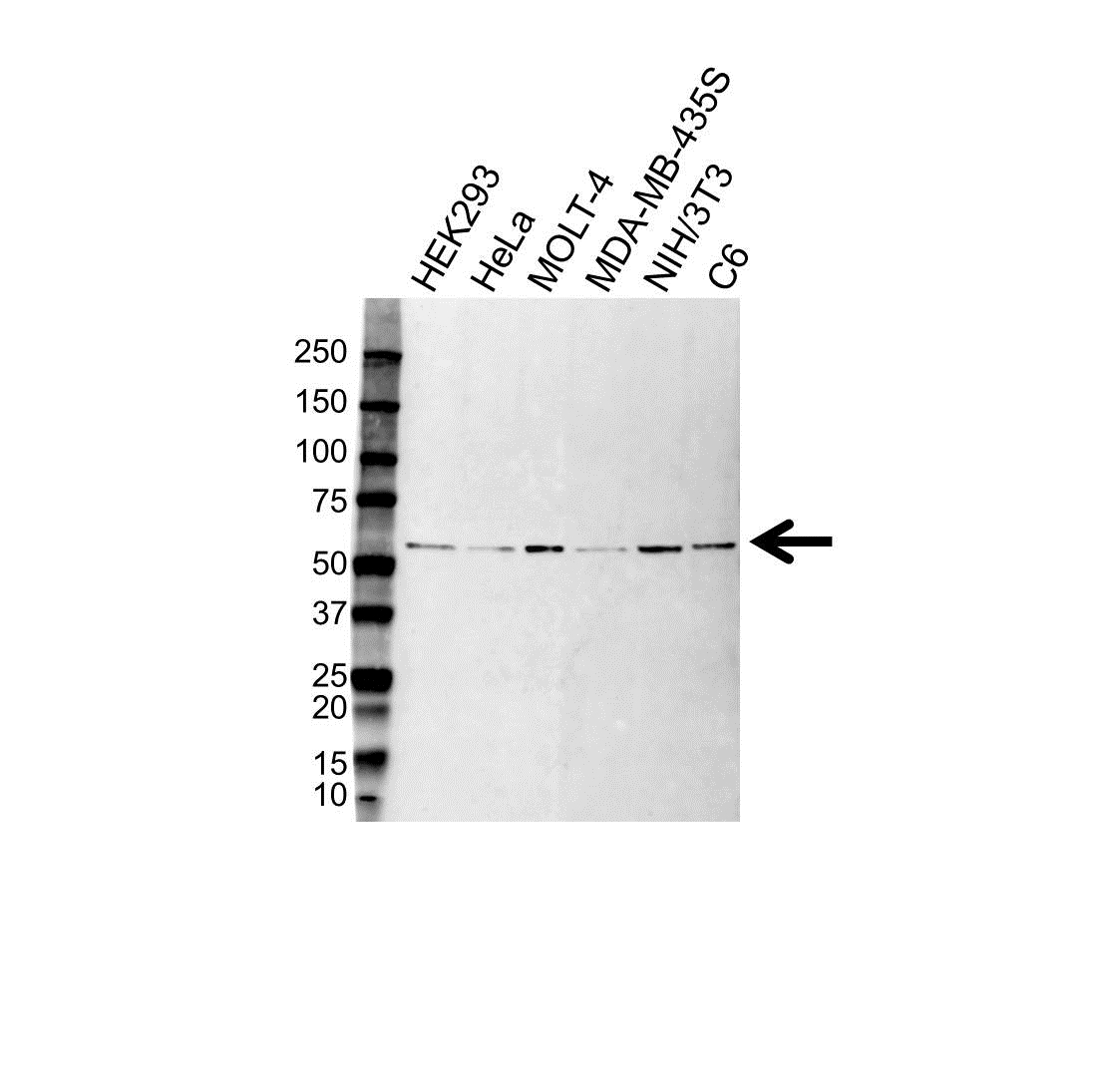

The current findings provided the basis for further studies on CSC-targeted drugs for the development of cancer treatment strategies.Ĭancer stem cells (CSCs) are considered to be responsible for various pathological phenomena in cancer, such as tumor initiation, growth, tumor vascularization, recurrence, and metastasis.

Moreover, no obvious ICAD reduction/degradation was detected.Ĭonclusion: Daunorubicin effectively eliminated CSCs, which are dependent on the p53/caspase signaling cascade. This was also suppressed by treatment with a Ca 2+-specific chelator, which suggested that CAD endonuclease does not contribute. Treatment with the caspase inhibitor abolished daunorubicin-induced DNA fragmentation and was therefore considered to act downstream of caspase activation. Daunorubicin-induced apoptosis was found to be associated with p53 accumulation, activation of the caspase cascade, and oligonucleosomal DNA fragmentation. Results: Drug screening studies showed that daunorubicin, a topoisomerase II inhibitor, is specifically cytotoxic to miPS-CSCs.

Apoptosis was analyzed by flow cytometry and western blotting. Drug screening was performed on these cells or after transplantation into mice. Methods: CSCs were obtained from mouse induced pluripotent stem cells (miPSCs) using cancer cell-conditioned media. Aim: To identify a drug that can effectively eliminate these cancer stem cells (CSCs) and determine its mode of action.


 0 kommentar(er)
0 kommentar(er)
